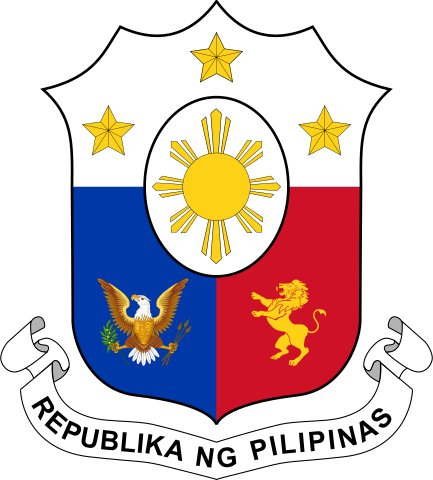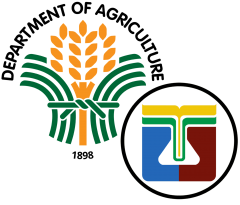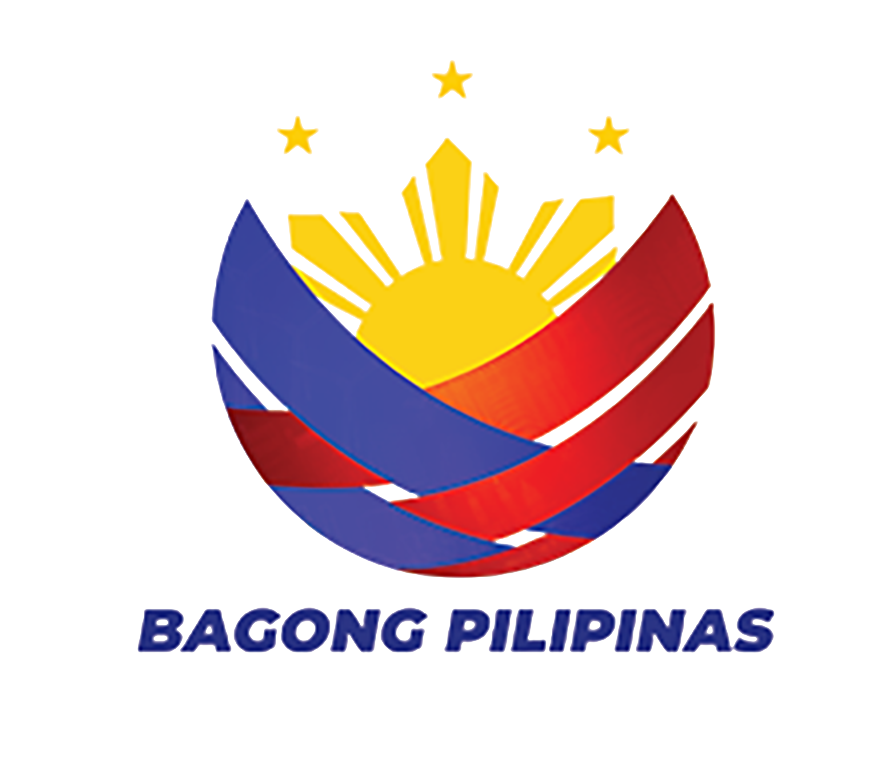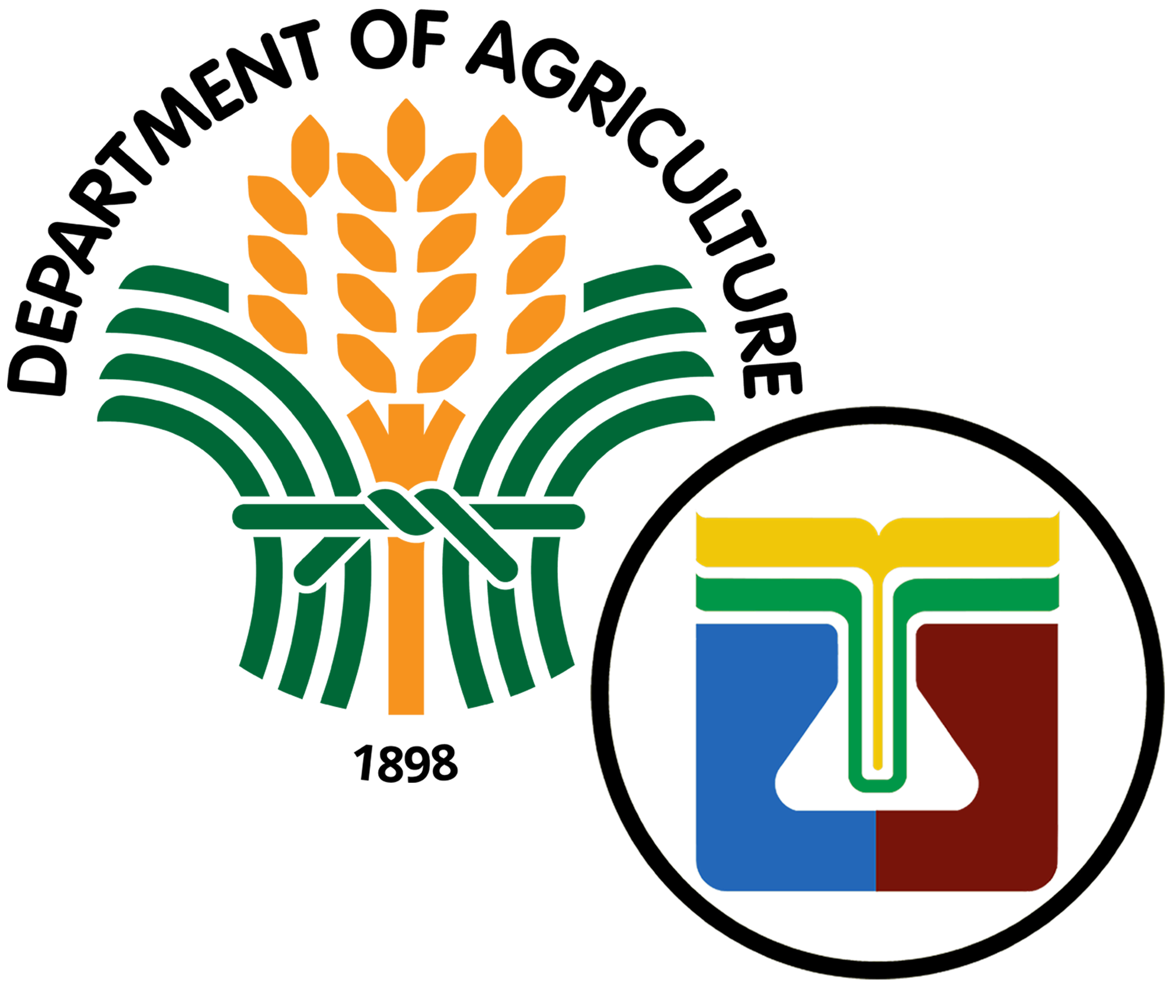Despite continuous efforts to spread SLM practices, adoption is still alarmingly low. Successful adoption of SLM depends on a combination of factors and it is a challenge to find best SLM practices for diverse local conditions. It is, therefore, essential to provide decision support tools for local land-users, specialists, planners, and decision-makers and invest in knowledge management and decision support mechanisms by following sound procedures and tapping existing knowledge (WOCAT 2011).
SLM technologies and approaches remain scattered and in different formats. There are knowledge gaps specifically in terms of area covered, impacts and economics of SLM and therefore these knowledge are not used to make decisions. Hence, there is a need to document this wealth of knowledge on SLM, put them into a database, and process them into knowledge products that can be used as decision support tools .
The general objective is to develop sustainable land management (SLM) decision support tools for combating land degradation, and the effects of climate change
Specific Objectives:
- Document available SLM and climate change adaptation best practices and success stories, both indigenous and science-based knowledge, from different parts of the country;
- Increase capacity and awareness of local partners on SLM and adaptation strategies in areas vulnerable to the effects of climate change;
- Develop SLM knowledge management and decision support tools using WOCAT methodology;
- Strengthen the PHILCAT in its advocacy and activities related to SLM; and
- Communicate and disseminate results to land users, SWC advocates and specialists, and policy and decision makers to facilitate broader adoption.
For more information and IEC materials please click:




